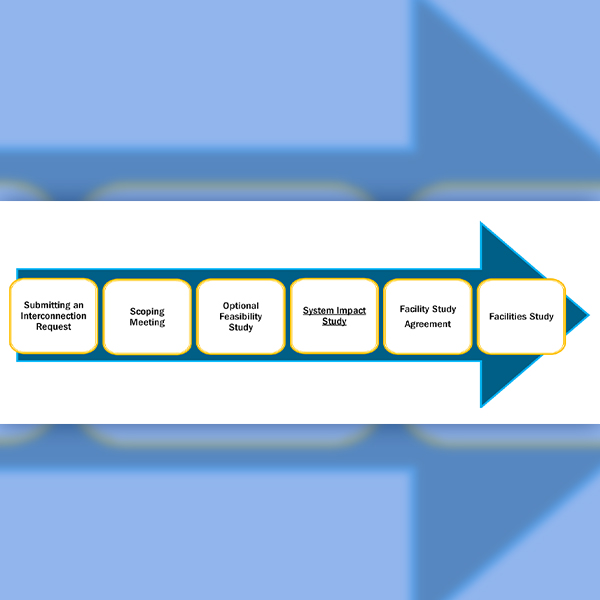
OAKDALE, Wash. — Backers of a proposal designed to attract billions in federal funding to create a hydrogen hub in the Pacific Northwest say their application is set to be submitted this week.
They also express confidence that the region has a good shot to win a piece of the $8 billion being made available by the U.S. Department of Energy to develop four to eight hydrogen production and distribution networks across the country.
“We think we’re perfect because we’re a high-tech hub,” Washington Gov. Jay Inslee (D) told NetZero Insider following a series of speeches celebrating the application at the Confederated Tribes of the Chehalis Reservation.
Four state governments, two tribes and several private sector firms, utilities and unions have created a coalition — the public-private Pacific Northwest Hydrogen Association (PNWH2) — to submit that application. Inslee noted that the coalition’s members range from British Petroleum to the Sierra Club. The four states are Washington, Oregon, Idaho and Montana
“It’ll help us launch a clean energy economy that would be a model for the rest of the country,” said Janine Benner, director of the Oregon Department of Energy and vice-chair of the association’s board.
The U.S. Department of Energy is looking at 22 “encouraged applicants” — meaning finalists — who each have a chance of getting a slice of the $8 billion pie.
Like other applicants nationwide, PNWH2 is being closemouthed about the details of its roughly 1,000-page application. The association believes it can meet a DOE target of producing 50 to 100 metric tons of hydrogen per day.
Chris Green, assistant director of the Washington Department of Commerce and PNWH2 board chair, said the secrecy is an effort to keep the Northwest’s application competitive with those from other regions and also because of several nondisclosure agreements signed with hydrogen companies involved.
The association has trimmed an original 140 Northwest-oriented projects to “a few dozen” to shrink the field to the most technologically advanced and financially feasible, Green said.
Green said PNWH2 is not concentrating on hydrogen cars or stations to fuel them. Instead, he said, “We want to concentrate on the industries that are harder to decarbonize,” including manufacturing, shipping and aviation.
On March 1, Los Angeles-based Universal Hydrogen flew a hydrogen-fueled De Havilland Canada Dash 8-300 commuter plane for the first time for 15 minutes at 3,500 feet around an airfield in Central Washington’s Moses Lake. Inslee cited that as a venture that the coalition wants to help develop.
Coal-to-H2
Participants at the Chehalis Reservation event indicated that another plank in the application is Australia-based Fortescue Future Industries’ intention to build a hydrogen production facility next to the TransAlta coal-fired power plant in Centralia in Lewis County, Washington, the last coal plant in the state, which is scheduled to close in 2025. Fortescue is also a member of the PNWH2.
“We were considered a coal community. We were considered a big polluter. What people don’t realize is that we’re an energy community. Transferring from coal to hydrogen is a natural fix,” said Richard DeBolt, president of the nonprofit Lewis County Economic Development Corp.
Event participants also mentioned Seattle-based First Mode, another PNWH2 member, which is developing a hydrogen fuel cell generator designed to replace diesel engines to power huge vehicles capable of carrying 150 to 290 tons of platinum-laced ore in one trip from an open pit mine to a processing plant in South Africa.
The Cowlitz and Chehalis tribes are also participating in the coalition. So far, the Chehalis tribe is interested in setting up hydrogen fueling stations along Washington Highway 12 north of the reservation in Lewis County, said tribal board Chair Dustin Klatush. The tribe has land that could be used for yet-to-be-determined hydrogen-related projects, he said.
A Cowlitz tribal representative did not elaborate on his tribe’s plans beyond a general interest in developing a hydrogen industry.
The ports of Tacoma and Seattle — also members of the association — are brainstorming development of fuel production facilities, Green said. The Douglas County Public Utility District in Central Washington — another member — is in the final stages of building an electrolyzer complex along the Columbia River to use river water to create hydrogen.
Washington has also signed a memorandum of understanding with South Korea to cooperate on developing hydrogen production and distribution along the North Pacific Rim.
Wednesday’s event gave no clue as to whether the application includes Oregon-based Obsidian Renewables’ plans to build hydrogen production plants at existing industrial parks in Hermiston, Oregon, and Moses Lake. These would supply a proposed pipeline system that would terminate at points in The Dalles, Pendleton and Prineville in Oregon, and in Wenatchee and Spokane in Washington. Another pipeline would extend to Lewiston, Idaho. One connecting pipeline would go through the Tri-Cities, which is the second-most populated area in Eastern Washington behind Spokane.
The association would have to provide matching funds for much of the money it is seeking from DOE.
Most of the Northwest matching funds are supposed to come from the individual companies pursuing hydrogen projects in the application, Green said. The Washington legislature allocated $2 million in potential matching funds in 2022. Another $20 million in potential matching funds are working their way through the legislative session that ends April 23.
At the event, Inslee declared that developing a hydrogen industry will require new engineering, construction, operating and logistical construction jobs. “You can’t have anything more broad-based than a hydrogen hub,” he said.
“This would create tens of thousands of good jobs,” said April Sims, president of the Washington State Labor Council of the AFL-CIO.
